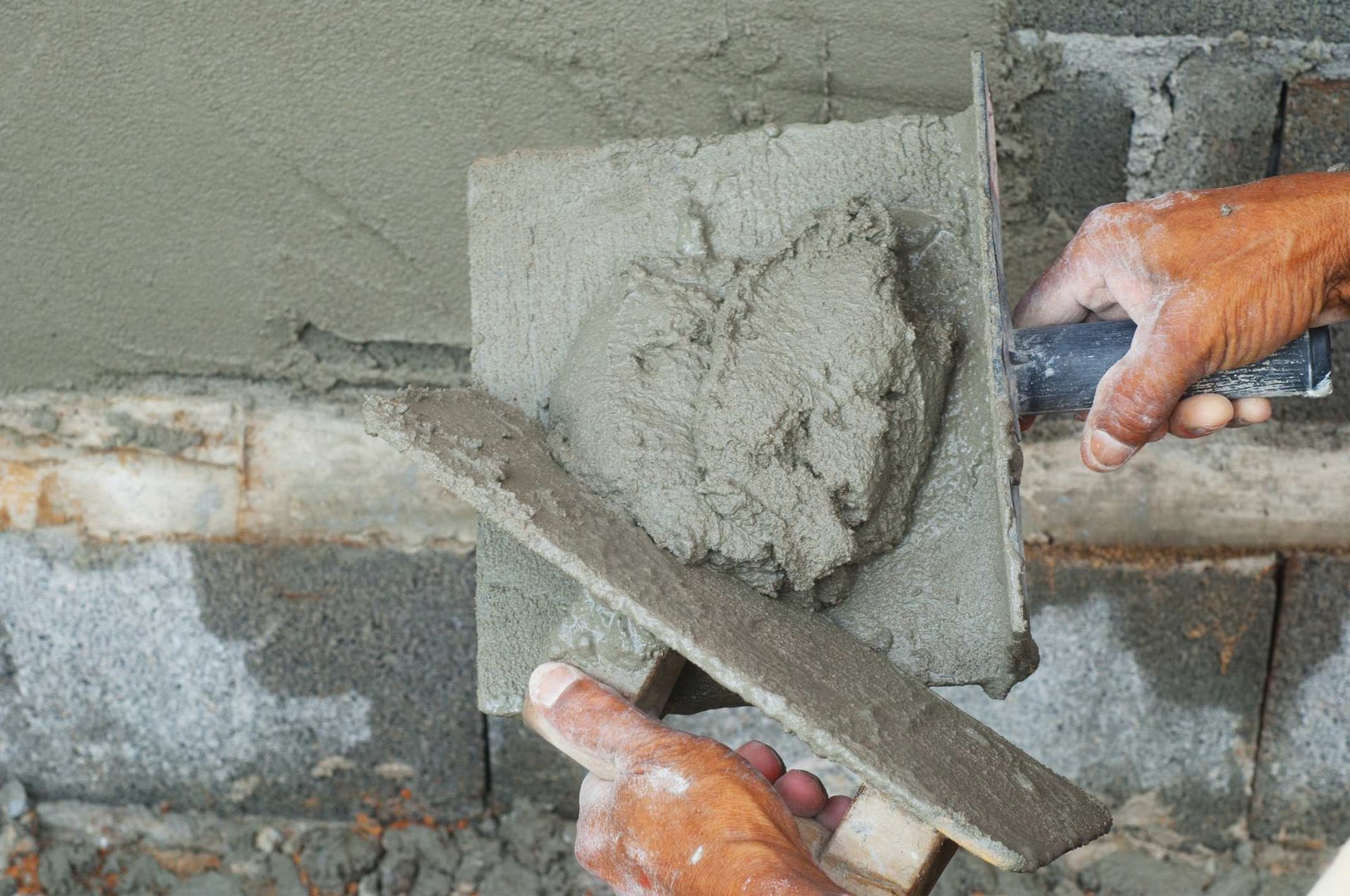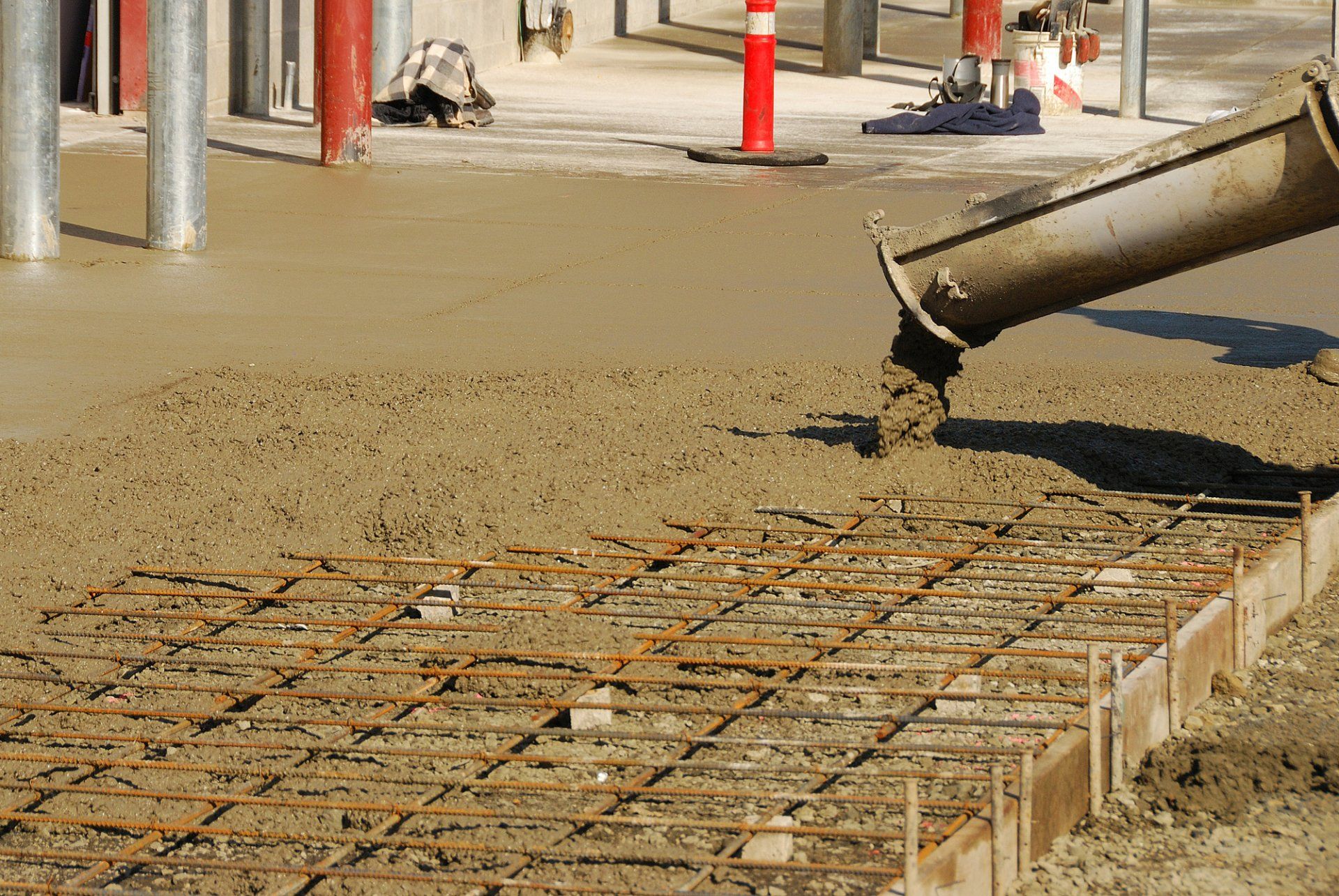Whether you’re a homeowner in West Palm Beach or just someone who loves to get their hands dirty, understanding the difference between cement and concrete is crucial. If you’re planning an outdoor project like a patio or securing fencing around your property, knowing what type of building materials will work best for your needs can be confusing.
To help simplify things for you, we’ve put together an overview of both so that you can make an informed decision on which one works best for your project!
While cement and concrete often get used interchangeably, there are some fundamental differences between the two materials. Concrete is actually composed of three ingredients: water, aggregate (rock, sand, or gravel), and Portland limestone cement which is made from limestone and other minerals.
On the contrary, cement is a much simpler material and is made solely from finely ground limestone clay, shale, and iron ore that has been heated in a kiln to create a “clinker” bond. The difference lies in their purpose; the cement paste acts as an adhesive to bind things together while concrete has structural qualities that make it better for massive concrete structures such as sidewalks or driveways.
In short, cement is an ingredient used in concrete. It is the binder that holds the ingredients of concrete together!
In the concrete industry, we use the terms interchangeably – both just meaning concrete. The ready mixed stuff.

Cement and concrete have an extensive history spanning thousands of years.
The first recognizable mix, Portland cement, was invented in 1824 by Joseph Aspdin. It contained limestone and clay, which were heated to a very high temperature.
This Portland cement has been used as the standard for modern concrete mixtures for more than 150 years. To make this mixture usable for construction, it’s combined with sand, gravel, and water in a concrete mix. A concrete mixer is then used to combine these ingredients together into a homogeneous material.
Modern advances have allowed the development of more sophisticated concrete mixtures that can be tailored to different needs – from strength requirements to decoration purposes.
Despite its ancient past, cement and concrete are still widely used today in both small and large construction projects around the world.

Understandably, it is common to use concrete and cement interchangeably as both are key components of a concrete mixture. However, concrete and cement are different materials; concrete is a combination of several materials (sand, gravel, cement); whereas cement is the binder that holds or sticks those other materials together.
Cement alone cannot be used to construct any structure—it requires a combination of other items like sand or gravel for added strength and stability. Therefore, concrete should be used for larger construction projects like building foundations, driveways, patios, and pool decks, whereas cement can be used for smaller projects such as setting posts.
Understanding the difference between these two materials will result in making an appropriate choice whenever concrete versus cement have to be considered in a project.
When it comes to concrete and cement projects, you need to be sure that you have chosen the right material for your project. There are concrete and cement differences that will affect the outcome of whatever job you have chosen to tackle.
If you are paving a walkway, for instance, concrete often has a more robust finish concrete sidewalk than cement; however, if you are creating something like a concrete sculpture then cement might be more suitable due to its relatively stronger adhesive properties.
Be sure to do your research on each material before settling on the one that best meets your needs. However, always keep in mind concrete and cement difference that can make or break your project.
Concrete and cement are often confused by home owners – Understandably! The two terms are used interchangeably. Just remember, cement is an ingredient in concrete – the ingredient that holds everything together. Concrete is mixed product that will be in the concrete trucks – ready to use in construction, on driveways, patios, and pool decks.
If you’re looking for a reliable concrete contractor, contact Palm Beach Stamped Concrete today, and let us help you with your next project! We have the experience and expertise to ensure that your project is completed on time, within budget, and up to the highest possible standards.
Palm Beach County's Dependable Concrete Contractor.
© 2025 Palm Beach Stamped Concrete